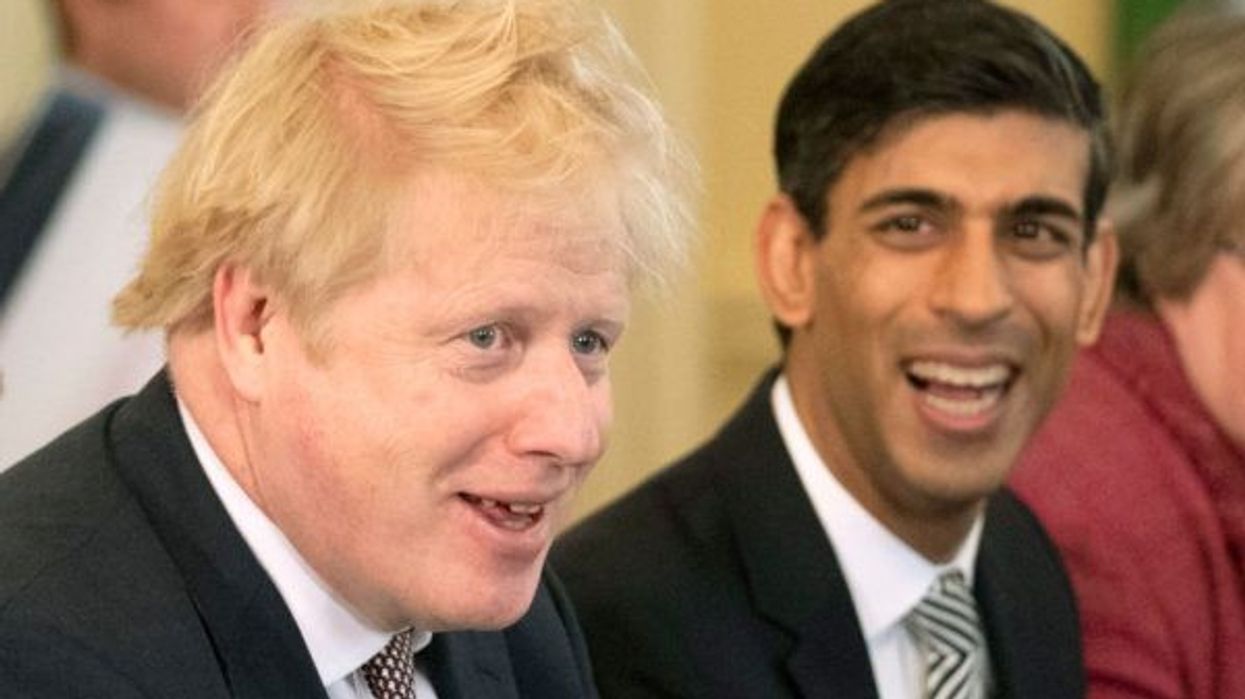UK chancellor Rishi Sunak will try to quell growing Conservative unrest over the cost of living as delegations of MPs press him to cancel a planned tax rise and ditch VAT on energy bills in exchange for savings on tackling the pandemic, the Guardian reported.
Sunak is committed to national insurance rises in the spring despite their unpopularity within his party.
According to the report, the chancellor will convene MPs for several evening summits this week as tensions grow over pressures faced by households from April, with a planned 1.25-percentage-point rise in employee national insurance contributions (NICs) and soaring energy bills once the price cap is reviewed.
Labour will hope to pile pressure on Sunak and Boris Johnson on Tuesday (11) with a binding vote in parliament on cutting VAT on home energy bills.
The motion, put forward by Labour in its opposition day debate, guarantees parliamentary time for a bill to enact the cut, a device that means Tory MPs must actively oppose it rather than abstain.
“It doesn’t hurt that it’s something we can now do because of Brexit,” said a senior Tory plugged into several key parliamentary pressure groups.
Many are set to urge the chancellor to go further and delay the NICs rise from April, expected to bring in £12bn that Sunak wants to use to cut NHS waiting lists and fund the new social care system in the medium term.
David Jones, a former Brexit minister, said the pressure on many households would be immense from April.
One senior backbencher, John Redwood, warned Sunak on Monday (10) that his own ambitions depended on his standing in the party on these issues.
“Those who brief that Mr Sunak should be the next PM should tell him imposing an avalanche of unpopular and unwise tax rises will undermine that ambition,” he tweeted.
Another MP said they would urge Sunak to ditch the rise and focus on making savings on pandemic spending, including NHS test and trace.
Though not all MPs said they would back revoking the NICs rise, one minister warned it had left Sunak exposed.
Meanwhile, Johnson said he had discussed the cost of living pressures with Sunak on Sunday (9) night.
“It’s making life very tough. And we’ve got to make sure that people are aware of all the things that they can do, all the money that we’re putting in via local councils to help people in hardship, the cold weather payments, the warm homes discount, the money for pensioners," Johnson was quoted as saying by the newspaper.
Cabinet ministers have all but rejected a windfall tax on North Sea oil and gas profits, proposed by Labour. MPs said that was less of a priority.
Johnson’s spokesman said a windfall tax had “not been ruled out” but hinted again that a targeted approach would be taken.
The communities secretary, Michael Gove, underlined that new support measures were likely to be targeted to the most vulnerable.
Ministers are understood to have discussed extending the warm homes discount on bills for the most vulnerable but Tory MPs argue it does not help enough households.
Labour has criticised the education secretary, Nadhim Zahawi, who told LBC that “oil and gas companies … are already struggling”, though the companies are expected to report “near-record” income in 2021-22.





